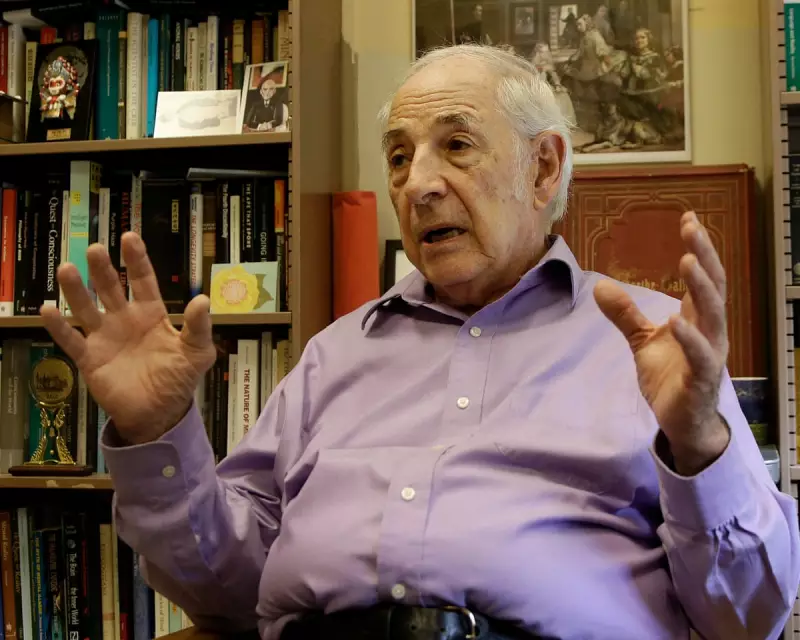
The philosophical world is mourning the loss of one of its most influential modern thinkers, John Searle, whose groundbreaking work on consciousness, language, and artificial intelligence reshaped academic discourse for generations.
In a heartfelt letter published by colleagues and admirers, Searle is remembered not just as a brilliant academic but as a formidable intellectual presence who fundamentally challenged how we understand the human mind.
The Architect of Modern Thought
Searle's most famous contribution, the "Chinese Room" thought experiment, delivered a devastating blow to claims that computers could truly understand or possess consciousness. This simple yet profound argument became a cornerstone in philosophy of mind and artificial intelligence debates, remaining relevant decades after its conception.
His work extended far beyond this single concept, however. Searle developed comprehensive theories about how language functions in the real world, introducing the concept of "speech acts" that transformed linguistic philosophy.
A Life of Intellectual Courage
Colleagues remember Searle as fearless in debate, willing to challenge any prevailing orthodoxy. His approach combined analytical rigour with a commitment to understanding human experience in all its complexity.
At the University of California, Berkeley, where he spent most of his career, Searle became known for his dynamic teaching style and his ability to make complex philosophical concepts accessible and compelling to students.
Enduring Legacy
What makes Searle's work particularly remarkable is its continued relevance across multiple disciplines. Cognitive scientists, computer engineers, linguists, and psychologists all engage with his ideas, testament to their far-reaching implications.
The letter from colleagues paints a picture of a philosopher whose intellectual curiosity never waned, even in his later years. He remained actively engaged with new developments in neuroscience and artificial intelligence, continually refining his positions while maintaining his core philosophical commitments.
As the philosophical community reflects on his passing, Searle's work stands as a permanent contribution to humanity's understanding of its own nature—a fitting legacy for a thinker who dedicated his life to exploring the deepest questions about mind, meaning, and reality.





